The History Of The CW Network – How Will It Change In The Impending Sale?
There aren’t that many television networks that become a genre of their own. For over a decade, the CW has been pouring an earnest effort into shows with a genuinely awesome premise. The blend of camp and cool that comes out has been purely unique. Born from the fall and fusion of two other networks, this network has given us so many of our favorite shows. It has been wild to see how far it has come. In the history of the CW Network, you can trace the development of enormous, loud fandoms, the rise of the DC television universe, and the shift in how we watch tv. After learning that Warner Bros. and CBS want to sell the CW, we thought a look back at how this legendary network might be nice.
A Network is Born With Warner Bros. and CBS as Its Co-Parents
Before the CW, there was UPN and The WB. From 1993-2006, these two networks were behind many shows that we still hear about. Smallville, Buffy the Vampire Slayer, and Star Trek: Voyager all came from UPN and The WB. Yet the networks lost money like crazy, but Warner Bros. and CBS still needed a network for these shows. They joined forced to create the CW, the first time in history that two rival studios joined forces owning a network. This new network picked up a lot of the shows that aired on UPN and The WB. You can really see what it would become just based on what its predecessors were.
One of the network’s first moves was to adopt some of the biggest hits from its predecessors. Thirteen shows were picked up from the ashes of UPN and The WB: America’s Next Top Model, Veronica Mars, Everybody Hates Chris, Girlfriends, All of Us, WWE SmackDown, 7th Heaven, Beauty and the Geek, Gilmore Girls, One Tree Hill, Reba, Smallville, and Supernatural. These would become the archetypes of what the network would evolve into. If the CW was humanity, those 13 shows were the comic version of the Eternals planting the X gene. Of those adopted series, many were major successes. Smallville in particular was a huge hit, starting a long history of Warner Bros. putting their DC properties on the network. The drama-filled story of Superman’s childhood was exactly what people wanted in 2006, years before superhero fervor would really pick up.
 Image via The CW
Image via The CW
A lot of the shows The CW started with had broad appeal, but the shows that stuck seemed to appeal more to women. The execs saw this and leaned into it hard. They said their audience was exclusively women 18 to 34, and that was that. Unfortunately, this meant cutting WWE Smackdown, figuratively smashing them on the back with a chair and kicking them out of the ring. With more focused programming, the 2008-20010 years were good ones. Gossip Girl, Smallville, 90210, and Vampire Diaries were all huge hits.
The CW Made History With a Pack DC Comics of Spinoffs
One month before Smallville ended, Mark Pedowitz was appointed President of Entertainment, replacing Ostroff. This signaled a two-fold change coming: comedies would be back, and there were going to be more superheroes. Arrow debuted October 10, 2012, and immediately it was a big deal. For a moment, Arrow felt like the successor to Christopher Nolan’s Dark Knight trilogy. The casting was great, the fight choreography was rad, and even the costuming was working. Arrow had some of the highest viewership in the history of the CW Network, and it deserved them. The promise of the early seasons of Arrow was strong enough to create the Arrowverse down the line.
 Image via CW
Image via CW
In this era, a lot of the the network’s success came from a mix of vampire or vampire-adjacent things and superheroes. I’m calling it the Cloaks and Capes era. The next boon came when their landmark angsty vampire show spun off into The Originals, following the titular Originals who appeared briefly as antagonists on The Vampire Diaries. Continuing the theme of spinoffs, The Flash booked it into first place as the best-performing show the network. The Flash’s success was yet another sign that they’d finally cracked the formula for making good shows out of DC properties. Following The Flash came DC’s Legends of Tomorrow. The strength of The CW was always its debuts, and Legends kept that theme going strong.
The CW Network Original Series Are More Than Just Hot People in Cloaks and Capes
Jane the Virgin and Crazy Ex-Girlfriend both came from the 2014-2016 era of programming. Both shows took wide acclaim, with Jane being the first CW series to be nominated and win a Golden Globe. Crazy Ex-Girlfriend is notable for its incredible cast, Golden Globe winning showrunner/lead actress Rachael Bloom, and for being totally slept on by every single person I’ve ever tried to watch it with.
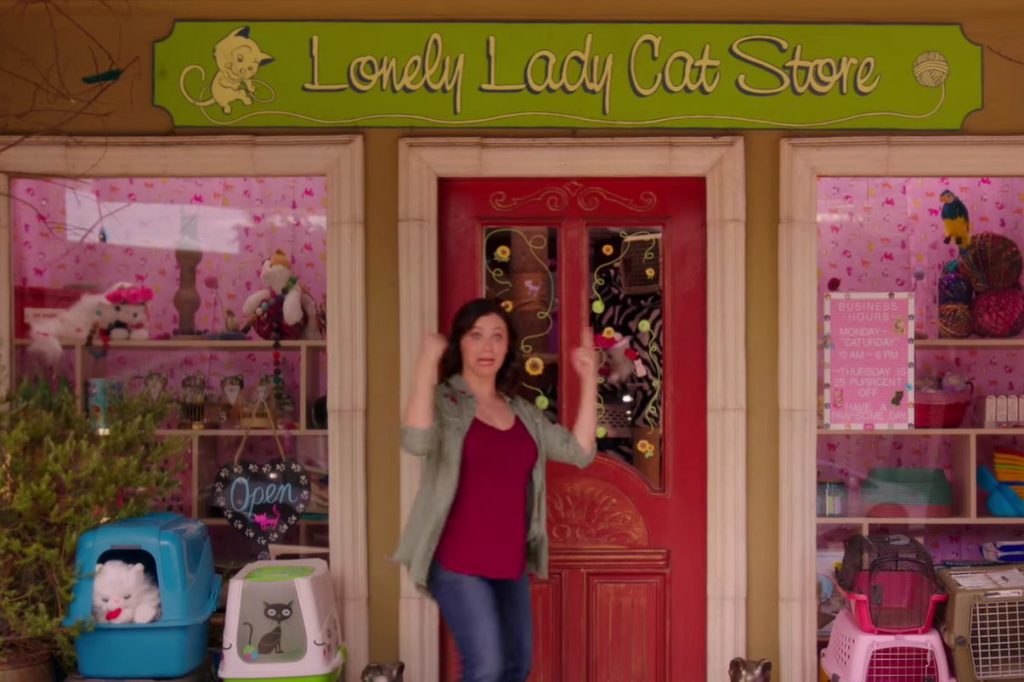 Image via The CW
Image via The CW
It really can’t be overstated how good The CW was at recognizing and running with an interesting premise, and few shows demonstrate that better than Riverdale, an adaptation of the Archie comics that you can probably still find in grocery store checkout lanes around the world. This would be The CW’s first adaptation of an existing IP, and it worked so much better than it probably should have. As if to demonstrate that the network was fully aware of the magic they had seemingly found with a stream of hot releases, Penn & Teller: Fool Us came out in 2014 and was hailed as one of the best game shows on tv. A network largely about strong teenagers and sad adults was doing so well that they could throw magicians at the gameshow market and have them stick.
What Happens to CW Network Originals After Season 1
CW shows were unique, and every time another came out, they confirmed that feeling. Shows with awesome premises, great characters, and solid casts were popping out one after another. Supergirl and Black Lightning both hit the lineup and were well received. They would both have solid runs and make huge strides for diverse representation in genre shows, but it was still becoming noticeable. If you look through the history of the most popular shows on the CW Network, they often seemingly operated on a shoestring budget with little plans for new seasons until the season that was airing was almost over.
 Image via Warner Bros. TV
Image via Warner Bros. TV
It’s not hard to find evidence that shows like The Vampire Diaries existed right on the edge of cancellation. If you need to look beyond all the semi-endings they had, almost every season of The Vampire Diaries was fully written and filmed before they got the confirmation that the series would be coming back. That usually happened a month or two before the season ended. Between crunch and budget constraints, a lot of these shows developed a reputation for looking and feeling kind of funky. These shows then leaned into the campy nature of their storytelling, whether just for fans or for new viewers.
Ratings were dropping, with a rise every time they introduced yet another show with a great premise like Batwoman or the Riverdale spinoffs. And then a fall when that premise and the best efforts of the cast and crew weren’t enough. It’s hard to offset the rigor of making a full show on a limited budget with limited time. The DC series were the exception, however even their series have started winding down. Arrow, Supergirl, and Black Lightning all finished their runs.
The CW Network is Up for Sale to a Media Company
August 2019, CBS and Viacom merged and became ViacomCBS. Things were still looking ok. A deal with HBO Max allowed them to share DC properties. An expansion to Saturday programming was also looking promising. All told, it seemed like the little network that could was going to keep chugging along. Probably. They began to focus on streaming and digital again skewing towards young people, especially women. The CW Seed and the CW App are all free, ad-supported streaming services that make up for lower broadcast ratings than any new owner would appreciate.
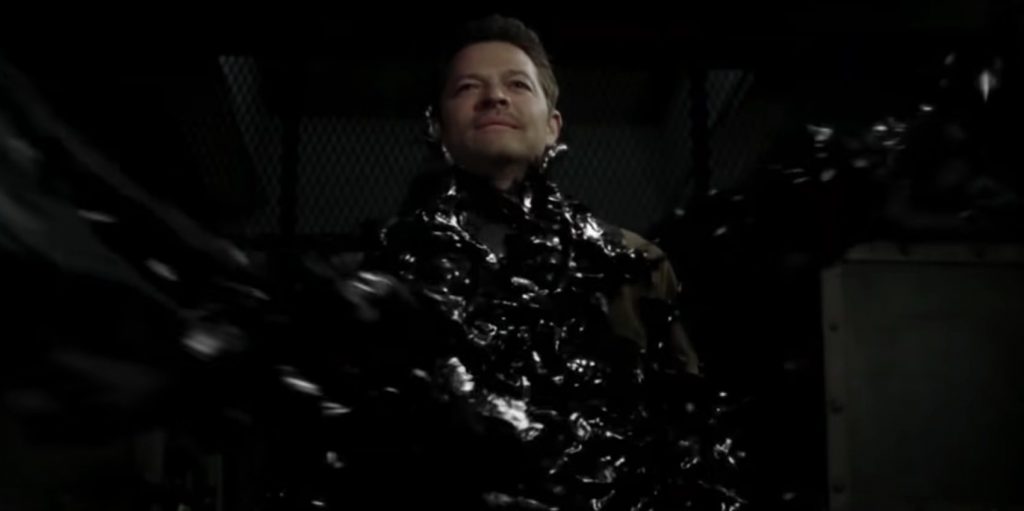 Image via The CW
Image via The CW
On January 5th, 2022, ViacomCBS announced The CW was up for sale. The likely bidder was Nextstar Media Group, who already had a history with The CW. The future is uncertain for the network. We don’t know what will happen to these shows that have defined a whole era of television and superhero media. Fans worry the (new) CW plans to cancel them. Other fans worry what happens on these shows if they don’t. The ride wasn’t perfect, but it was fun, and it was campy, and Arrow or Flash both stand out as some of the best superhero shows on tv.
Even with the sale, we don’t know what the future holds for the CW. The history of The CW is the history of modern network tv and fandom, so we hope it sticks around. Or at least we hope The CW being sold isn’t end of the Arrowverse. And perhaps not, because they just announced a new series with David Ramsey as John Diggle, an original Arrow character. The premise, a university for young superheroes, seems like a spinoff factory.
The CW’s Flash Might be appearing in The Flash movie on November 7, 2022
What are some of your favorite series (or season of series) throughout the history of the CW network or its predecssors? Do you have good memories of shows on The CW? Tell us about them in the comments!
Featured image via The CW.
Jessica Kanzler is a freelance writer and editor who lives with her wife and cats. Jessica has bad taste in tv and an MA in Rhetoric, Writing, and Digital Media studies. Talk to her about Frasier on Twitter @Jessicaakanzler

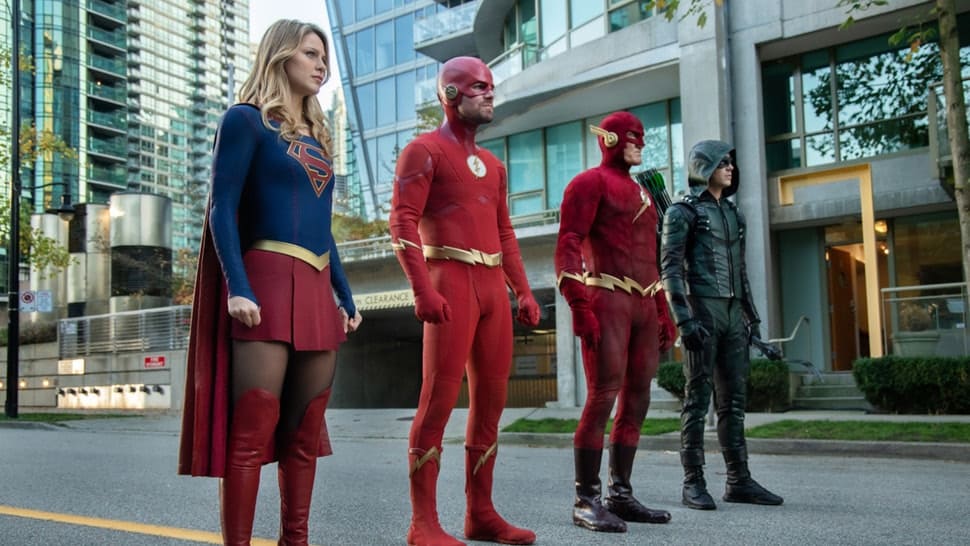

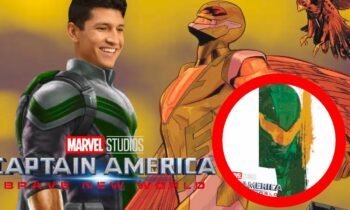



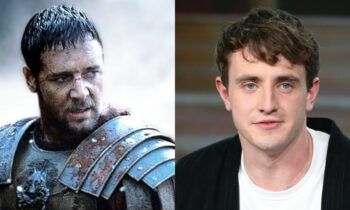

Leave a comment